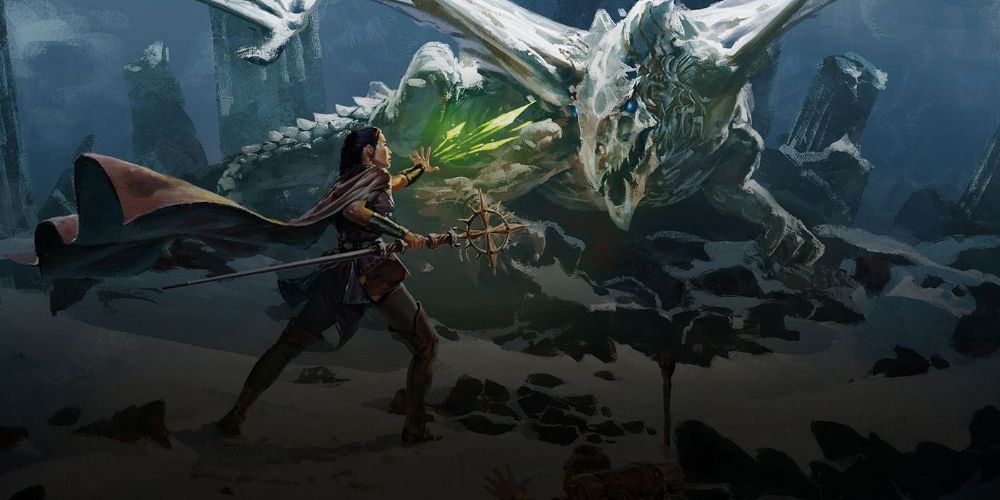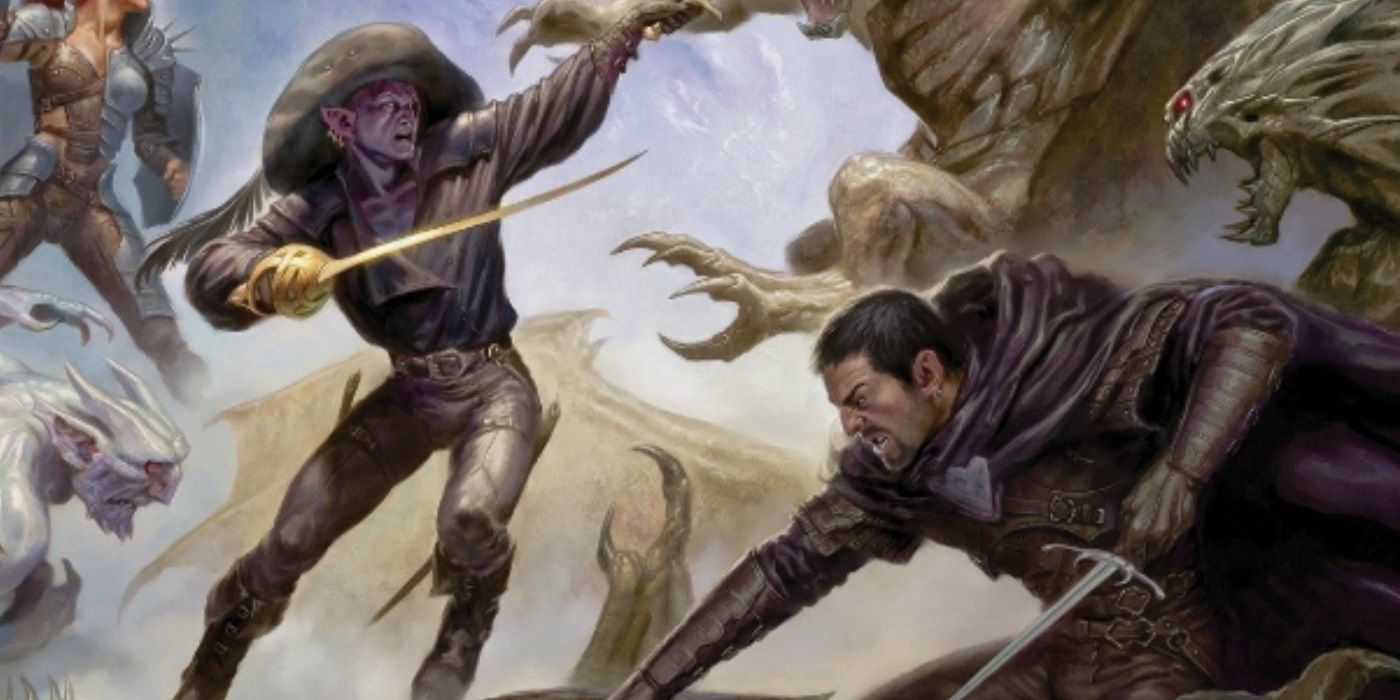
At its core, Dungeons & Dragons is a collaborative game where a group of people come together to tell a story. Under normal circumstances a D&D group can be as many people as the Dungeon Master can handle, but sometimes, most especially recently, it is not possible to arrange a time for a group of that size to play. For those stuck in this kind of situation there is a common misconception that this lack of people precludes their ability to adventure. In reality, however, even a group as small as two can create a unique tale together.
These kinds of one-on-one games are actually much more common than one would expect and are most often referred to as Duets. The term emphasizes the especially close relationship created between a DM and a single player since they have no one to play off of but each other and thus they must be in concert at all times. For this reason, while this kind of Dungeons & Dragons campaign can be done with any given pair of individuals, it is very likely to hear stories of Duet adventures being played between romantic partners.
While Duet games are absolutely doable, it is important to remember that some liberties must be taken to bend the group-focused mechanics of Dungeons & Dragons to play well with such a limited player count. For example, since there is only one Player Character, most of the game’s default combat encounters would have a completely unfair advantage. There’s also no need for mechanics designed to test a whole group, such as puzzles or ability challenges not tailored toward the PC.

For the balancing issues, various workarounds have been found and include things as simple as making the Player Character a higher level in order to lessen the overall threat of these engagements, or as complex as the Dungeon Master swerving around the problem by creating a cast of colorful Dungeons & Dragons NPCs for the PC to take with them on their quests. The D&D Essentials kit also provides these kinds of "sidekicks" already with 2-player games in mind. All of these and still other solutions can be used to great effect, but regardless of which is decided upon, it is vital for both the DM and Player to work out together which they go with.
Due in part to this issue as well as the more focused nature of a story only revolving around one person, the narrative of a Duet is often much more center stage than in an average game of D&D. Since there’s only one decision-maker at the table, there’s no need for any sort of deliberation, and provided the Player is onboard, the story can move from beat to beat rather quickly. This has the added benefit of also creating a much more personal story for the Player Character than usual. For this reason, it is important for the cooperation and communication between Player and Dungeon Master to extend even into character creation so as to allow for proper narrative planning in a Duet.
The Duet campaign in Dungeons & Dragons is a special kind of game that is absolutely worth trying, at least once. The initial draw of a Duet may be that it allows as few people as necessary to still be able to play a game that both love. It's a unique kind of experience, which makes the extra effort worth it.
from ScreenRant - Feed https://ift.tt/3dxIekg
via IFTTT







0 comments:
Post a Comment